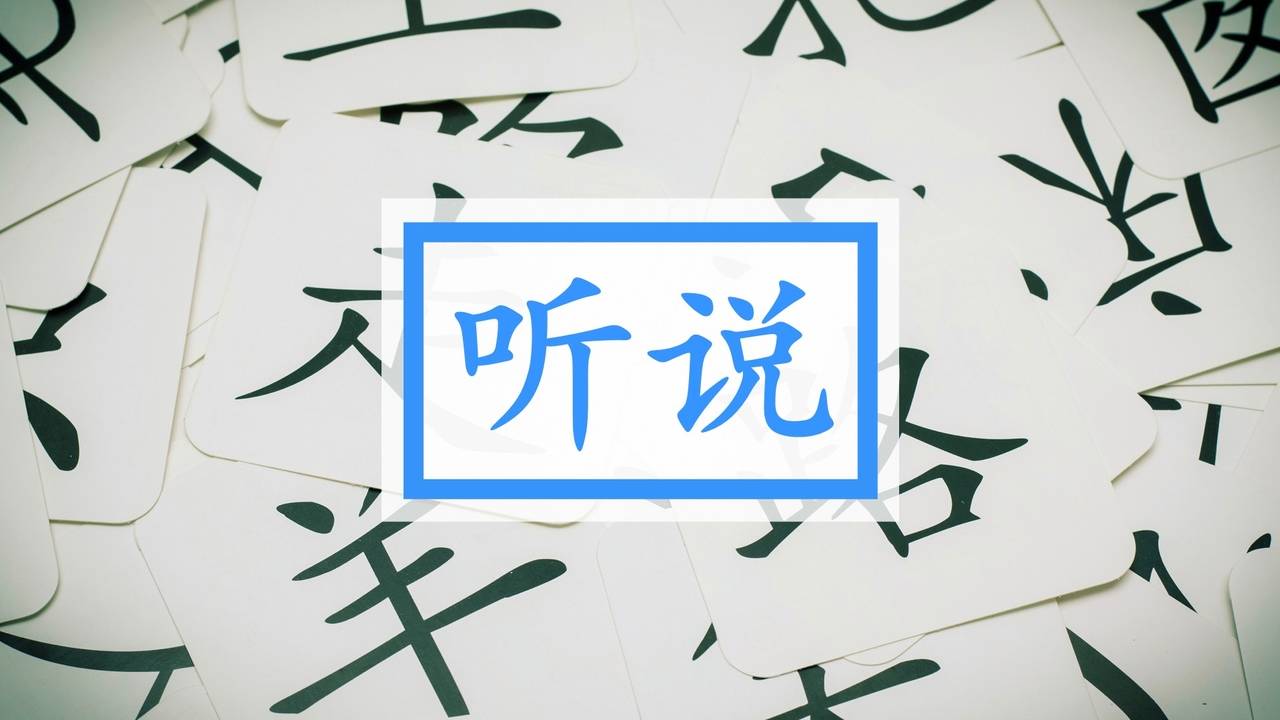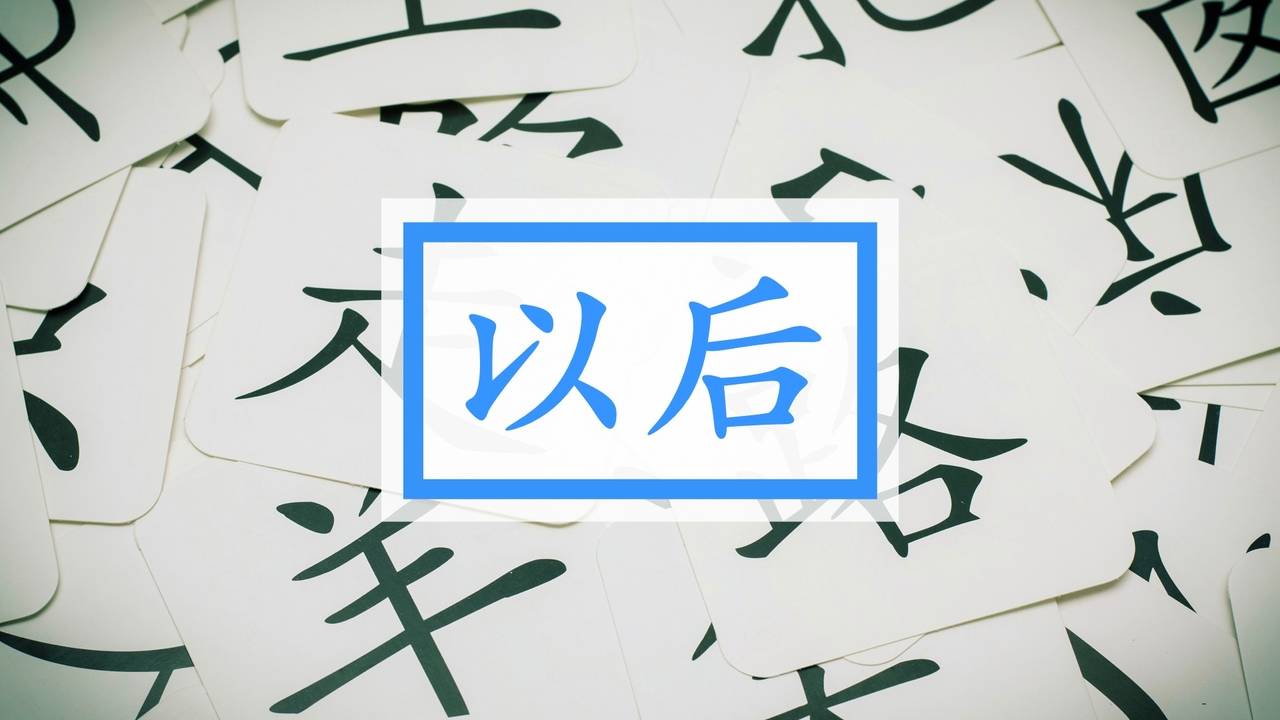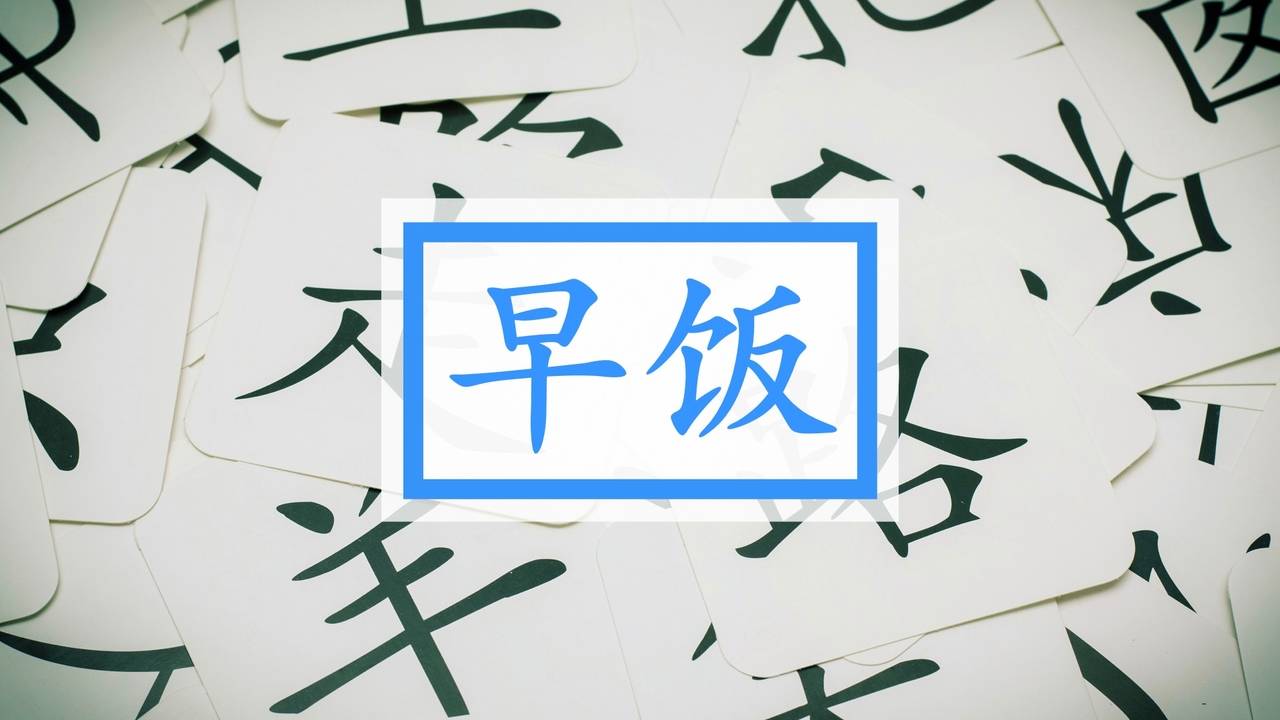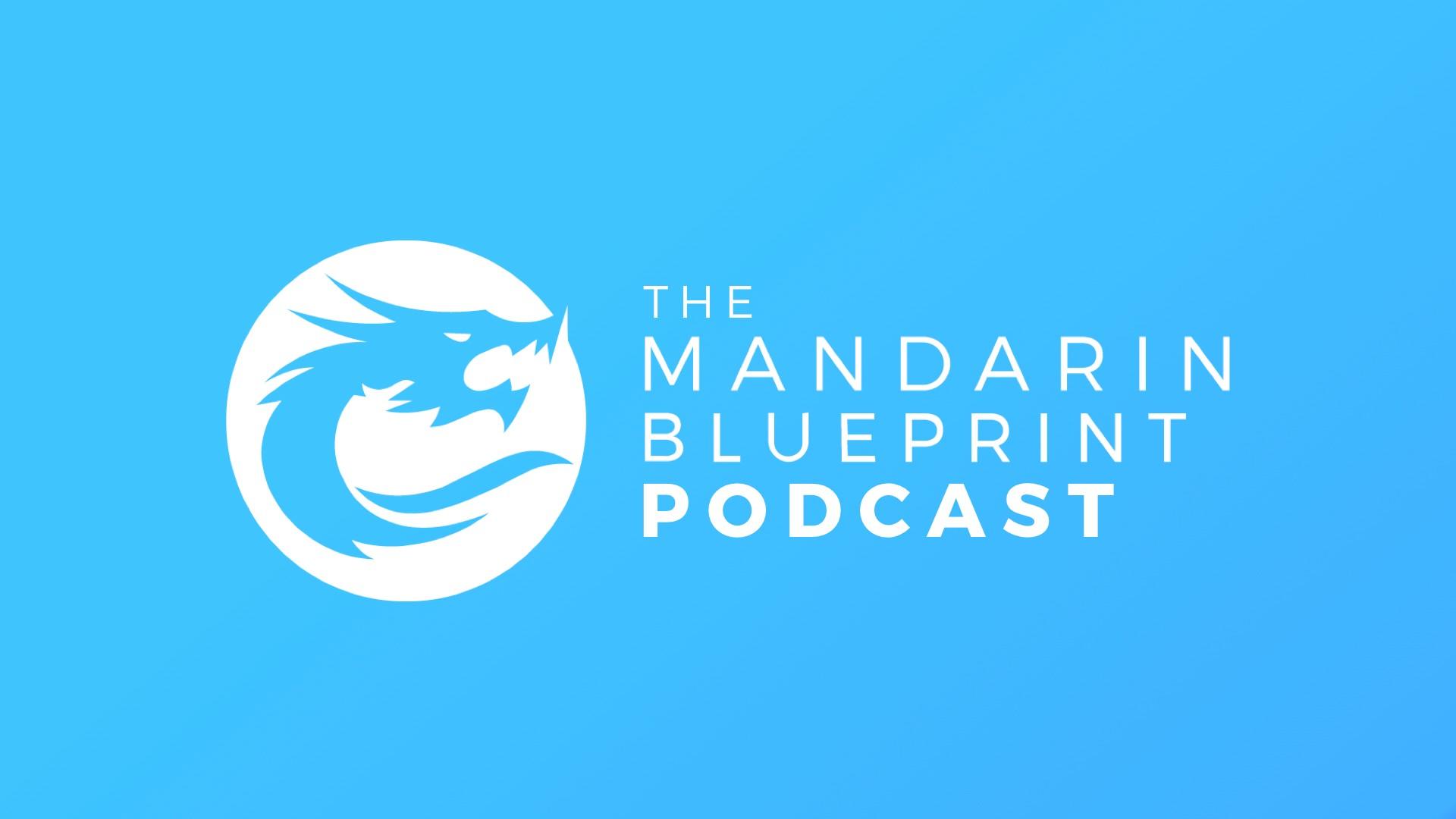Level 23 - Vocab in Context
43 Lessons
1

某个 in Context
2

某些 in Context
3

其他 in Context
4

讨厌 in Context
5

斤 in Context
6

公斤 in Context
7

听 in Context
8

BONUS: Helper - Expressing That an Action Has Happened Before with 过
9

好听 in Context
10

听力 in Context
11

听见 in Context
12

听话 in Context
13

听说 in Context
14

近 in Context
15

最近 in Context

后 in Context
17

以后 in Context
18

然后 in Context
19

后来 in Context
20

最后 in Context
21

BONUS: Helper - Turning Adjectives into Adverbs with 地
22

后天 in Context
23

后面 in Context
24

后边 in Context
25

厚 in Context
26

反正 in Context
27

相反 in Context
28

BONUS: “How Does What" - Adverbs Expressing Tone of Voice
29

米饭 in Context
30

早饭 in Context
31

午饭 in Context
32

吃饭 in Context
33

吃饱 in Context
34

饿 in Context
35

员工 in Context
36

工人 in Context
37

江 in Context
38

左边 in Context
39

左右 in Context
40

右边 in Context
41

差 in Context
42

差不多 in Context
43

差点儿 in Context
Next Character
后 in Context
CONGRATULATIONS!
The Character You Just Learned is Also a Common Word!
Usage 1 - "after":
Sentence:
吃完饭后,我睡着了。
English:
After eating, I fell asleep.
Top-Down Words:
饭 fàn - meal
睡着 shuìzháo - to fall asleep (睡- to go to sleep, 着 to succeed in the previous verb)
*Sentence:
明天的party结束后他可能会来。
English:
He might come after tomorrow’s party is over.
Top-Down Words:
结束 jiéshù - to end; to finish; conclude
Sentence:
他决定长大后当一名司机。
English:
He decided that after growing up he would be a driver.
Top-Down Words:
当 dāng - to serve as
Need a Reminder?
The Six Steps to Learning Words
Understanding Chinese Words - Morphemes





Chris Young
To modify the sentence "晚饭近6点吃就好了" from "Eating dinner around six is fine." to "Eating dinner AFTER six is fine.", is the correct placement of 后 like this: 晚饭6点吃后就好了. Translations vary when moving 后 to different places in the sentence.
From the examples above, the structure seems to be (thing being done)后, (something else) translates to "After (thing being done), (something else)".
Even if that's not right, the fact that these are no longer just strings of random characters, but chunks of meaning is exciting!
Lynn Ford
Is 一名 used in 他决定长大后当一名司机, when referring to what you do and not just a name or your name? Like if was any other occupation like a police officer, it would be 他决定长大后当一名警察? So 一名 will always be in before a title or occupation?
Mandarin Blueprint
That's not a bad synopsis! "Title or occupation" is probably broad enough. 一名学生 "one student" is common to say, and I suppose you could argue that "student" is a "title."
MB Team
This is where Luke and Phil talked about your question in the Mandarin Blueprint Podcast:https://www.youtube.com/watch?v=mOLiKJAbqd4&t=1481s